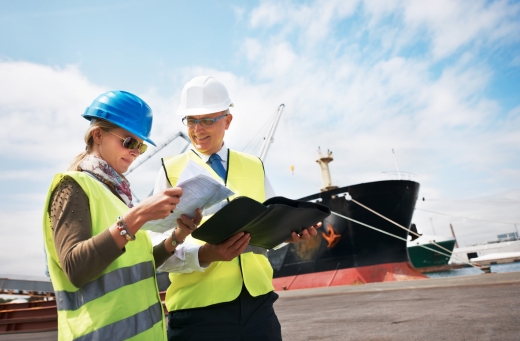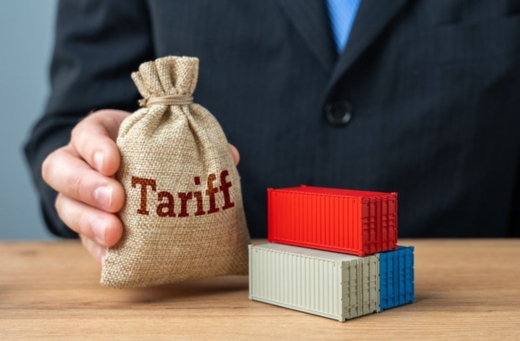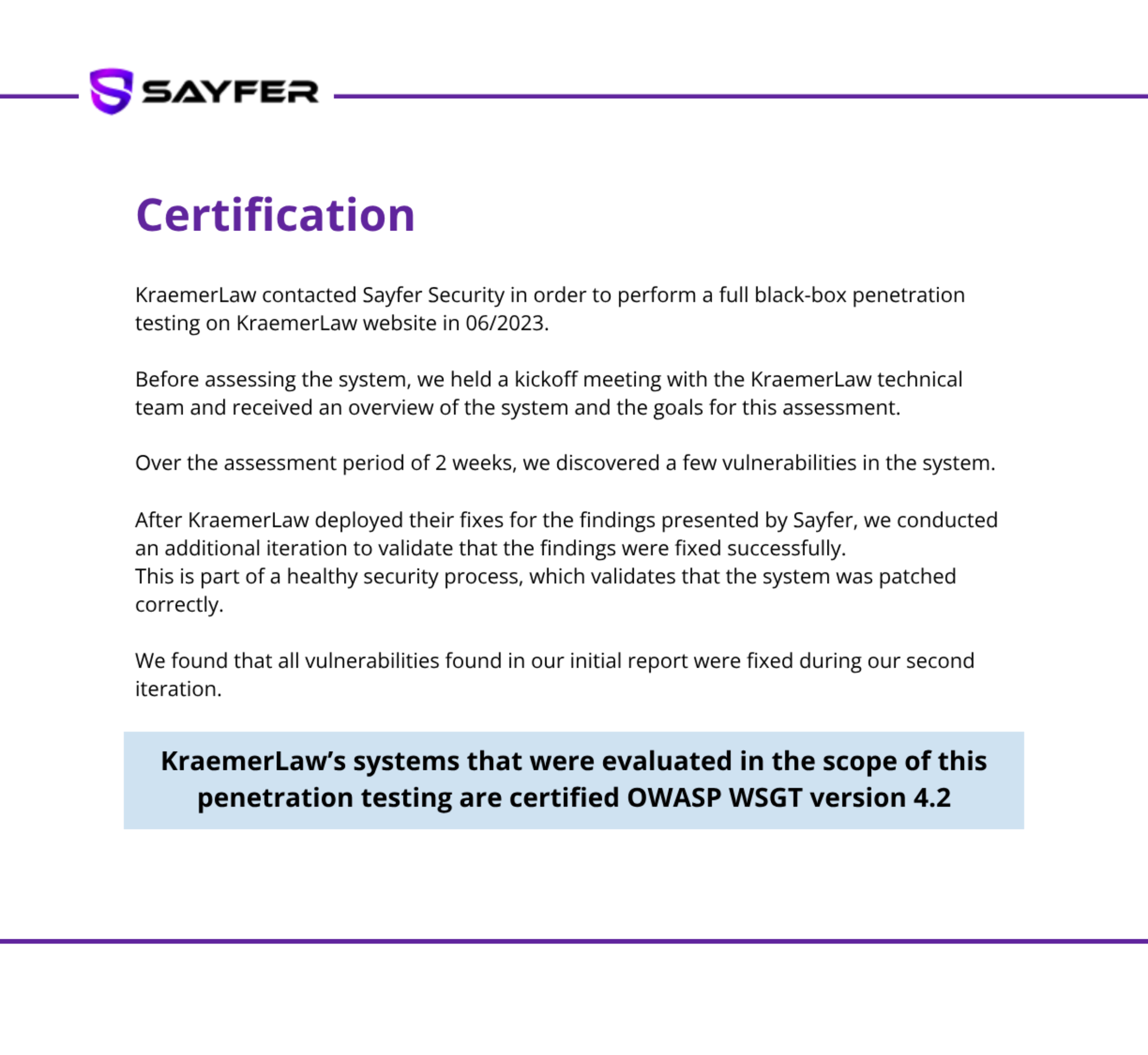Panama is currently a global leader in ship registration, since approximately 16% of the world’s merchant fleet is flagged in the country, according to the International Maritime Organization (IMO). Its friendly and competitive system allows commercial vessels and recreational yachts to enjoy legal and operational tax advantages. In addition, with the Panama canal, the country has one of the most solid and important naval infrastructures.
In this article, we will explain why ship registration is important, how the flagging process works in Panama, and what the benefits of ship registration are; addressing the corresponding Panama maritime law system, boat registration cost, the importance of having a ship radio license, and boat co-ownership.
Overview Panama Maritime Law
Panama maritime law is governed by different national ordinances, mainly by Law 57 of 2008, which controls navigation, commerce and flagging of vessels in the country. This arranges the procedures for the ship registration and the responsibilities of the owners and operators. In addition, the Panama Maritime Authority (AMP) is the entity in charge of supervising and enforcing these regulations, guaranteeing that registered vessels comply with the mandatory safety, crew and operational principles.
On the other hand, Panama is a party to many universal agreements that govern the safety and operation of vessels in intercontinental waters. These include SOLAS (Safety of Life at Sea), which supervises security measures in sailing; MARPOL (International Convention for the Prevention of Pollution from Ships), which establishes ordinances for the prevention of marine pollution; and STCW (International Convention on Standards of Training, Certification and Watchkeeping for Seafarers), which defines training and certification standards for the crew.
International recognition
For more than a century, the country has facilitated the registration of vessels. Panama maritime registry, thanks to its large fleet, the support of the AMP and alignment with the IMO, is an attractive option for foreign shipowners. The country provides high safety normatives through approximately 20 international agreements, such as the previously mentioned SOLAS, MARPOL and STCW.
With more than 8,800 ships registered under its flag and 53 consular offices around the world, the country has maintained its leadership in the shipping industry for decades. Additionally, the Panamanian fleet is distinguished by safety and maintenance certification from world-renowned entities such as Lloyd’s Register and Bureau Veritas.


Why is Ship Registration Important?
If you are wondering Why is Ship Registration Important? The answer is that it is a necessary requirement to comply with the legality and safety of navigation. Through this process, the authorities can identify each vessel, verify that they follow the Panama maritime law in force and supervise their use. In addition, the procedure facilitates management in cases of emergencies, inspections or transfers of ownership and boat co-ownership, guaranteeing that the owner has legal backing over the ship.
Another reason why ship registration is important is that it helps prevent illicit activities and maintain order in maritime traffic, avoiding legal problems and promoting safer and more supervised sailing.
Navigating international waters under the Panama flag
The country has signed bilateral agreements with major economies such as China, the United States and the European Union. This means that the Panamanian ship registry favors these vessels, with the possibility of navigating without restrictions in most of the world’s ports and accessing international markets without legal or regulatory problems.
The Panama flag is internationally recognized, giving container ships preferential access to strategic trade routes. Thanks to the support of the Panama Canal, inscribed vessels enjoy faster transits and competitive boat registration cost.
Panama Maritime Registry Categories
The Panama ship registry classifies vessels and yachts based on their use, applying the relevant maritime laws to each category. Understanding these classifications highlights why ship registration is important.
Provisional vs. permanent ship registration
Preliminary registration is a temporary inscription that allows the ship to operate legally under the Panamanian flag while the requirements for its definitive matriculation are completed. This one is valid for six months and is granted quickly to facilitate the immediate function of the ship.
On the other hand, the definitive registration is the permanent matriculation of the ship in the Public Registry of Panama. To obtain it, the owner must submit all needed documentation and comply with the ordinances established by the Panama Maritime Authority (AMP). Once approved, the vessel obtains all the rights and benefits of the Panamanian flag.
Other types of registration and flagging
- Flagging of Ships under Construction: Provides legal protection to ships under construction, validating their ownership until completion.
- Bareboat Charter Flagging: Authorizes a ship to be operated by a third party under a charter contract without transferring its ownership or boat co-ownership, if that is the case.
- Flagging of Foreign Ship in Panama: Authorizes foreign flag ships to operate temporarily in Panamanian waters under certain conditions.
- Flagging of War or State Ships: Applies to ships owned by the State used for official or military purposes.
- Navigation Patent: Is the permit for a ship to operate legally under the Panamanian flag, which must be renewed periodically.
Recreational Boat vs Commercial Ships Flagging
| Feature | Recreational Boat | Cargo Ships |
|---|---|---|
| Technical requirements | Simplified ship registration, less certifications. | Strict SOLAS, MARPOL and STCW compliance. |
| Taxation | Reduced rates and lower tax burden. | Higher taxes and operating expenses. |
| Crew certification | Not always needed. | Mandatory according to STCW. |
| Inspections | Less frequent, depending on type of use. | Periodic and rigorous. |
| Operational flexibility | Greater international mobility. | Stricter regulations. |
| Flags of convenience | Yes, allows operation in different jurisdictions. | Not applicable in all cases. |
| Provisional and definitive registration | Available. | Available. |
Boat co-ownership registration
Boat co-ownership inscription allows multiple people to share ownership of a ship, abbreviating boat registration cost and responsibilities. This type of flagging is common on yachts and commercial vessels, where partners can establish shared use and maintenance agreements. This boat co-ownership grants investors reduced operating expenses while keeping the legal and tax benefits of ship registration.
Steps for Registering a Ship in Panama

The Panama maritime registry procedure is agile, with an approval time of between 24 and 48 hours. The country offers open ship registration, which leaves foreign shipowners to list their vessels without the need to reside in the country. However, it is mandatory to have an authorized lawyer in Panama to carry out the flagging process and act as Resident Agent of the ship. Below are the steps to follow:
- Pre-registration application: Submit the application to the AMP with the owner’s data, type of ship and purpose of use.
- Provisional registration: Issued for six months and authorizes the ship to conduct activities while the requirements for the definitive ship registration are completed.
- Submission of documents: Include the title of ownership of the ship, certificate of seaworthiness, proof of payment of fees and compliance with international conventions.
- Payment of corresponding fees: Depending on the type of vessel, flag fees, inspections and other administrative procedures must be covered.
- Inscription in the Public Registry: Once the documentation is approved, the vessel is inscribed in the Public Registry of Panama.
- Obtaining the Definitive Registration Certificate: After completing all the requirements, the vessel obtains its permanent registration and can operate under the Panamanian flag.
Required documents for boat registration
The needed documentation may vary according to the type of flag of the ship. However, the main documents include:
- Title of ownership or co-ownership of the vessel.
- Certificate of seaworthiness.
- Payment of vessel and boat registration cost.
- Document of designation of the Resident Agent.
- Construction and safety certificate for new vessels.
Vessel and boat registration cost
Panama ship registration offers cost-effective rates. For example, flagging a yacht costs around $1,500 to $3,000, while that of a cargo ship is not fixed and can exceed $5,000, depending on its tonnage and classification. Boat registration cost also includes important procedures, such as ship radio licenses and annual fees, which vary depending on the type of ship and its commercial or recreational use.
Ship radio license: why it’s essential
In Panama, the AMP obligates all registered vessels to have a valid ship radio license, in accordance with the regulations of the International Maritime Organization (IMO) and the International Convention on Standards of Training, Certification and Watchkeeping for Seafarers (STCW).
To obtain the ship radio license, owners must submit an application to the AMP, together with the technical documentation of the vessel’s communication equipment. This ship radio license permits the identification of the vessel in tracking systems and supports its operability according to foreign principles, providing safe sailing and access to emergency services on the high seas.
What Are the Benefits of Ship Registration?

What the benefits of ship registration are becomes clear when looking at the many advantages that Panama offers, including:
- Tax exemption on income earned outside the country.
- Operational flexibility without nationality restrictions for the crew.
- Access to financing in international banks with preferential rates.
- Shorter inspection time in ports due to the good reputation of the Panamanian fleet.
- Reduced marine insurance costs resulting from insurers’ confidence in the Panama maritime registry.
- Reduced maintenance and operation costs.
Get Started with Your Ship Registration
Knowing what the benefits of ship registration in Panama are, it is natural to understand why the country is a perfect choice for owners and operators of container ships. The combination of a reliable legal system and the infrastructure of the Panama Canal make the Panama maritime registry one of the best alternatives in the world.
At Kraemer & Kraemer we specialize in Panama maritime law and provide you with the legal support you need. Contact us to start your process of ship registration and flagging in Panama today.






